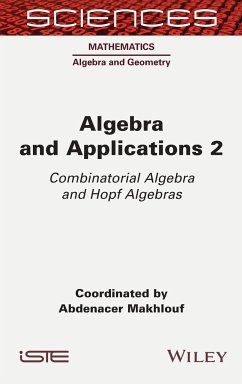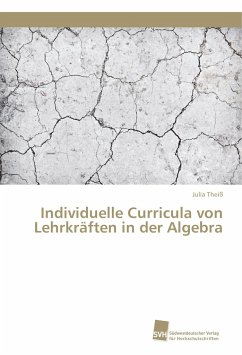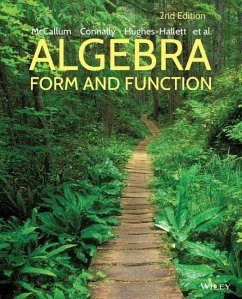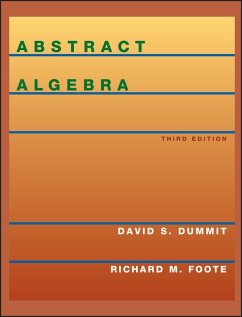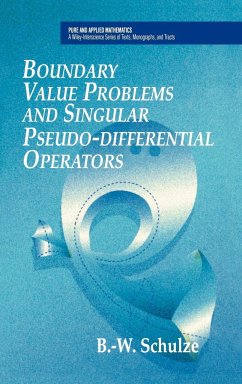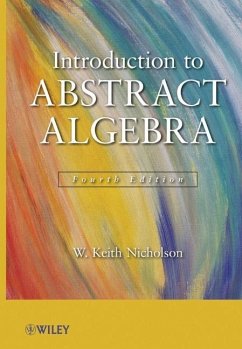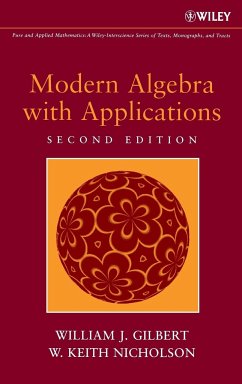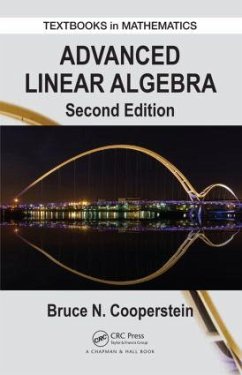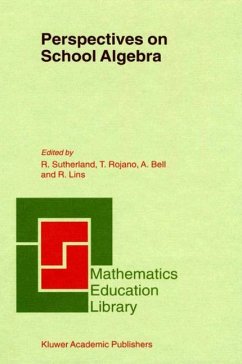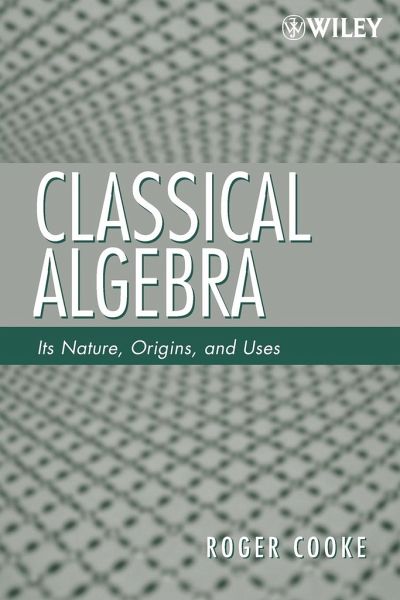
Classical Algebra
Its Nature, Origins, and Uses

PAYBACK Punkte
41 °P sammeln!
This insightful book combines the history, pedagogy, and popularization of algebra topresent a unified discussion of the subjectClassical Algebra provides a complete and contemporary perspective on classical polynomial algebra through the exploration of how it was developed and how it exists today. With a focus on prominent areas such as the numerical solutions of equations, the systematic study of equations, and Galois theory, this book facilitates a thorough understanding of algebra and illustrates how the concepts of modern algebra originally developed from classical algebraic precursors.Th...
This insightful book combines the history, pedagogy, and popularization of algebra to
present a unified discussion of the subject
Classical Algebra provides a complete and contemporary perspective on classical polynomial algebra through the exploration of how it was developed and how it exists today. With a focus on prominent areas such as the numerical solutions of equations, the systematic study of equations, and Galois theory, this book facilitates a thorough understanding of algebra and illustrates how the concepts of modern algebra originally developed from classical algebraic precursors.
This book successfully ties together the disconnect between classical and modern algebraand provides readers with answers to many fascinating questions that typically go unexamined, including:
_ What is algebra about?
_ How did it arise?
_ What uses does it have?
_ How did it develop?
_ What problems and issues have occurred in its history?
_ How were these problems and issues resolved?
The author answers these questions and more, shedding light on a rich history of the subject-from ancient and medieval times to the present. Structured as eleven "lessons" that are intended to give the reader further insight on classical algebra, each chapter contains thought-provoking problems and stimulating questions, for which complete answers are provided in an appendix.
Complemented with a mixture of historical remarks and analyses of polynomial equations throughout, Classical Algebra: Its Nature, Origins, and Uses is an excellent book for mathematics courses at the undergraduate level. It also serves as a valuable resource to anyone with a general interest in mathematics.
present a unified discussion of the subject
Classical Algebra provides a complete and contemporary perspective on classical polynomial algebra through the exploration of how it was developed and how it exists today. With a focus on prominent areas such as the numerical solutions of equations, the systematic study of equations, and Galois theory, this book facilitates a thorough understanding of algebra and illustrates how the concepts of modern algebra originally developed from classical algebraic precursors.
This book successfully ties together the disconnect between classical and modern algebraand provides readers with answers to many fascinating questions that typically go unexamined, including:
_ What is algebra about?
_ How did it arise?
_ What uses does it have?
_ How did it develop?
_ What problems and issues have occurred in its history?
_ How were these problems and issues resolved?
The author answers these questions and more, shedding light on a rich history of the subject-from ancient and medieval times to the present. Structured as eleven "lessons" that are intended to give the reader further insight on classical algebra, each chapter contains thought-provoking problems and stimulating questions, for which complete answers are provided in an appendix.
Complemented with a mixture of historical remarks and analyses of polynomial equations throughout, Classical Algebra: Its Nature, Origins, and Uses is an excellent book for mathematics courses at the undergraduate level. It also serves as a valuable resource to anyone with a general interest in mathematics.



